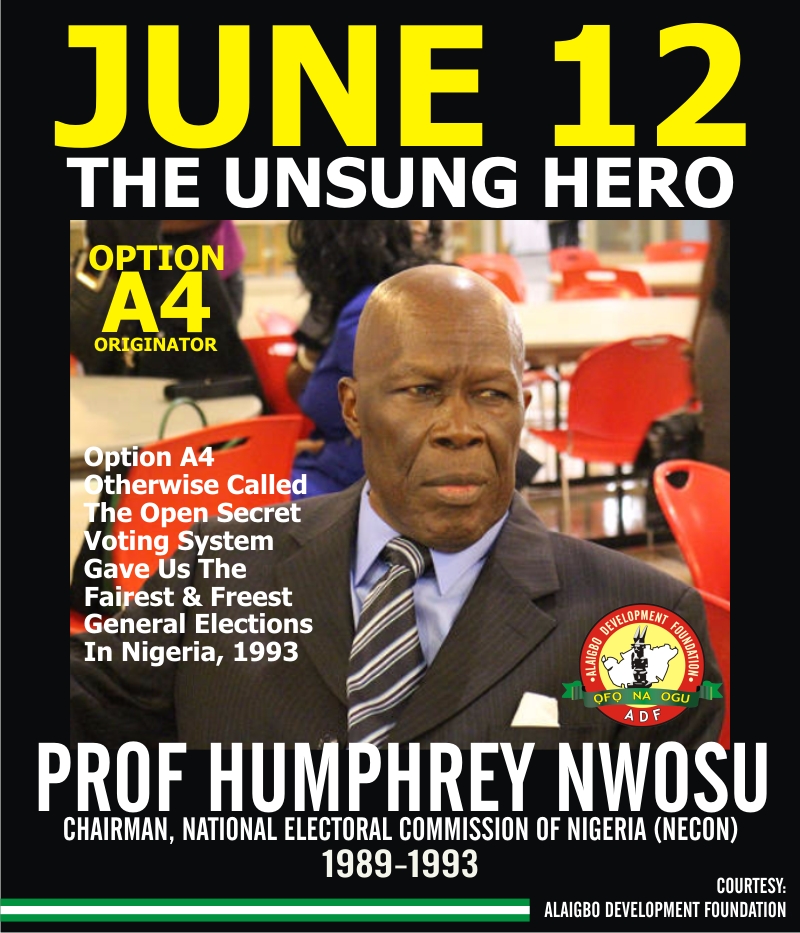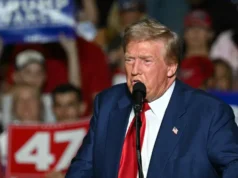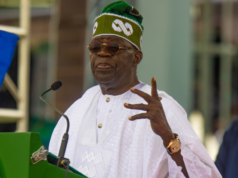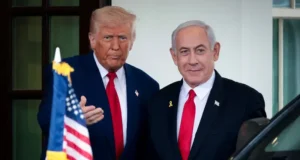The US Supreme Court is set to deliver a landmark ruling on whether former President Donald Trump is immune from prosecution.
This decision, anticipated to be one of the most significant of the term, could determine whether Trump’s trial for allegedly conspiring to overturn the 2020 election can proceed before the upcoming presidential election in which he is the Republican candidate.
 Advertorial
Advertorial
Justice Neil Gorsuch, a Trump appointee, emphasized the importance of the ruling during April’s arguments, calling it “a rule for the ages.” Justice Brett Kavanaugh, another Trump appointee, highlighted the case’s profound implications for the presidency and the country.
Initially, Trump’s trial was scheduled for March 4, well ahead of the November election.
However, the Supreme Court, with its conservative majority including three Trump appointees, agreed in February to hear his argument for presidential immunity, delaying the trial.
 Advertorial
Advertorial
The court is expected to reject Trump’s claim of complete immunity.
During the April arguments, the justices appeared skeptical, with some questioning whether such immunity would allow a president to “commit crimes with abandon.”
The ruling’s specifics could still delay the trial further.
The justices might send the case back to lower courts to determine which allegations against Trump involve official acts that could be immune from prosecution.
 Advertorial
Advertorial
This would extend the trial timeline, making it unlikely for Trump to face prosecutors before the November 5 election.
Trump faces four criminal cases and has sought to delay the trials until after the election.
On May 30, a New York court convicted Trump on 34 felony charges of falsifying business records related to a sex scandal during the 2016 campaign, making him the first former US president convicted of a crime.
His sentencing is set for July 11.

Despite the New York case being considered the weakest, it is likely the only one to go to trial before the election.
Trump’s lawyers have managed to delay the three other trials, which include efforts to overturn the 2020 election results and mishandling top-secret documents in Florida.
If Trump is re-elected, he could potentially order the federal trials against him to be closed once he takes office in January 2025.

















